What are you doing to improve your relationships?
Relationships are the most important part of our lives. They can make or break us, and we need them to be happy.
But, it’s not always easy to navigate through all the different types of relationships we have with people – whether they’re friends, family members, co-workers, or romantic partners.
We often find ourselves stuck in difficult situations that leave us feeling frustrated and confused about how best to handle them.
But, it doesn’t have to be this way!
By learning a few simple hacks for improving relationships immediately, you can start making things better immediately instead of waiting around for months on end, hoping things will get better by themselves!
This page contains affiliate links. This means that if you click a link and buy one of the products on this page, I may receive a commission (at no extra cost to you!)
How to Improve Relationships
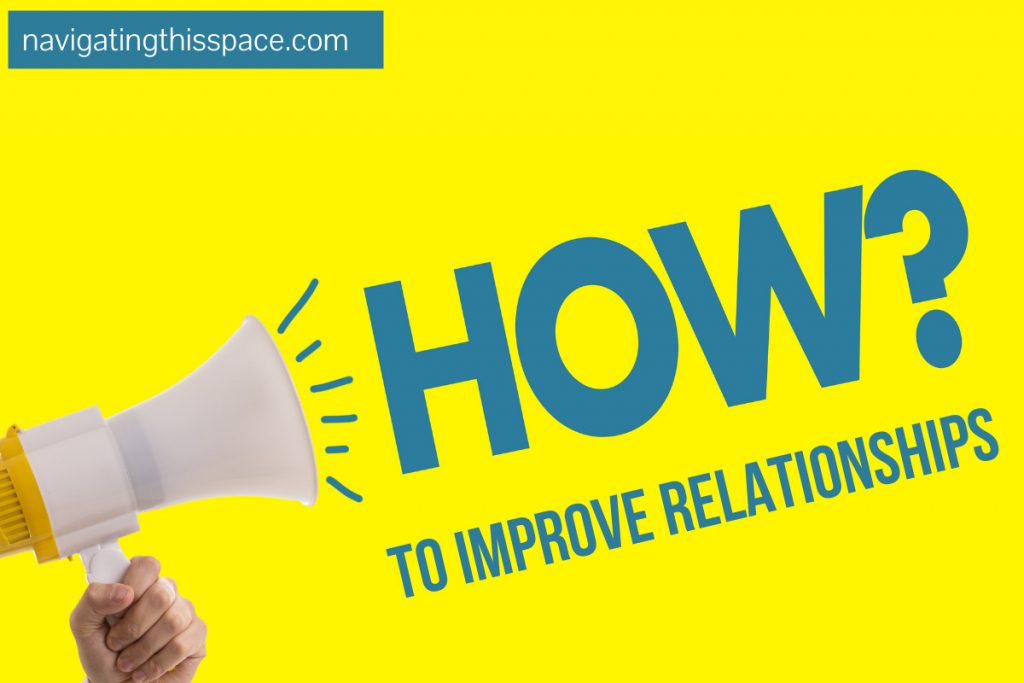
You don’t need years of therapy (and thousands of dollars) just so you can understand how to improve your relationship. Here are five simple but incredibly powerful tips to help you improve your relationships immediately!
1. No One Is Always Right
A few years ago, I knew someone who had a habit of saying “I’m sorry, but you are wrong about that. You see it this way because you don’t know what really happened. Let me explain…”
They would proceed to say whatever came to mind without listening to anything I had to say.
Eventually, they brought up the same things over and over, again and again. Discussions were always left with more questions without ever being resolved — it was infuriating!
As you might have guessed by now, this person is no longer in my life.
But, their behavior wasn’t just annoying; it was also eye-opening.
Because in the end, there were three possible outcomes:
1) They could convince me of something that wasn’t true
2) We would get nowhere
3) They would get frustrated and give up (they did this very often)
In hindsight, if none of us were obsessed with being right all the time, the talks would have been far better and more satisfying.
This is why the first step toward improving any relationship is to recognize that no one is always correct.
We’re all humans, and this makes us emotional beings. We’re hardwired to think more emotionally than rationally. According to a Forbes article penned by Prudy Gourguechon, a psychiatrist and psychoanalyst, people have the capacity to think rationally because this capacity sits on top of a large neurobiological apparatus driven by emotion.
In other words, people are driven mainly by emotions, and rationality/logic comes next.
People think emotionally and base what they feel on their emotions. We’re emotional beings. Everything we do is driven by emotions.
Think about it. If you’re trying to prove a rational point backed by facts and someone gets annoyed, upset, or angry, chances are they might simply misunderstand what you’re explaining and are too scared to admit it. Or they might have taken offense to your tone or something you said that has nothing to do with the point you were trying to make.
If this happens, the key is not to get impatient. Instead, ask their opinion on what you’ve said so far. This will enlighten you on what they did or didn’t understand.
Refrain from thinking that you’re right without considering other possibilities because you have all the facts to back you.
There are a million ways to get to a destination.
Keep an open mind and don’t assume that people are doing things for the sake of being offensive. There’s always a deeper reason why someone acts a certain way.
Thinking that you or another person whose opinion you value is always right is limiting your potential to learn and grow.
2. Be Patient
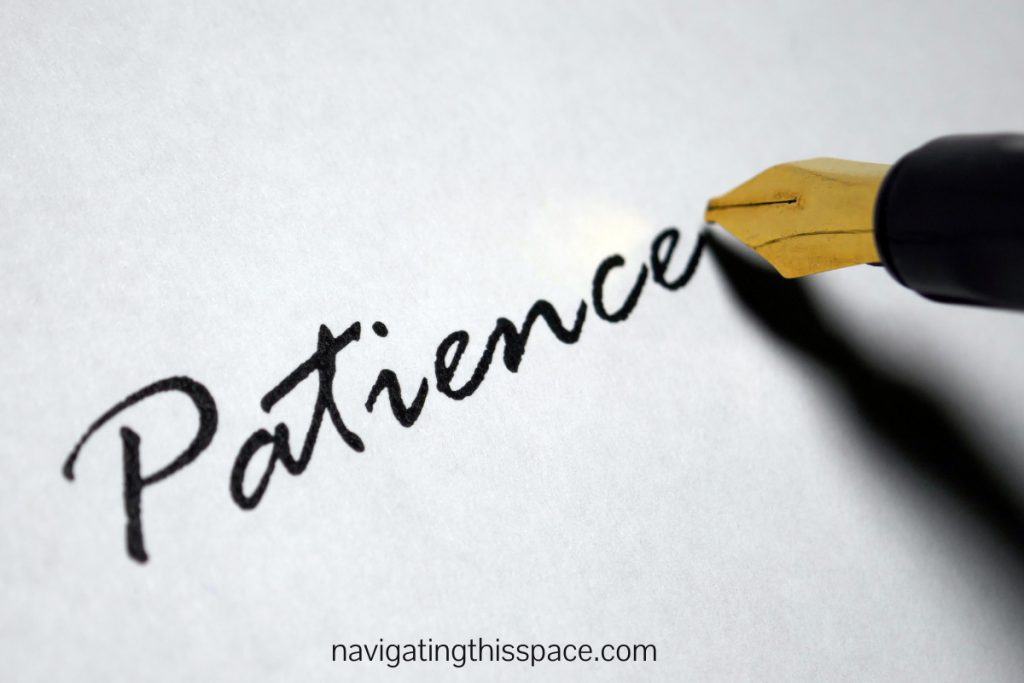
Patience isn’t just a virtue. It’s sanity-saving advice that can lead to better understanding between you and another person.
Having patience can steer any relationship in the direction that you want it to go.
Having patience means that you understand that people are not perfect, just like you.
No matter how far along you are in life, everyone has flaws and everyone is constantly learning.
Instead of criticizing, teach.
You might notice a problem before someone else because you’ve previously dealt with it. Rather than getting angry that the individual didn’t prevent the problem from happening, assist them by instructing them on how to avert the problem. Then, teach them what further problems could have been caused if the obstacle wasn’t caught early.
Being patient allows people to relax and feel safe. The benefit of this is that it allows them to feel more open and honest about what they think and how they feel, which gives you valuable insight into their character.
Understanding the characteristics of a person will help improve any relationship, professional or personal.
When you have to spend time together — either working long hours or on a foreign vacation — knowing your partner’s likes and dislikes can make all the difference with having a productive, healthy, and enjoyable time.
Patience is key to unlocking the mysteries of another person’s mind.
Patience also takes time and cannot be rushed. With enough time and patience, you’ll be enjoying deeper connections and stimulating conversations with anyone you choose.
It’s important to understand that when people feel rushed or pressured, it’s easier to shut down than open up.
3. Ask Open-Ended Questions

Open-ended questions, in contrast to closed-ended ones, slow down a conversation and allow both parties to express their thoughts fully when replying to proposed questions.
For example:
Closed-Ended Question: “Do you like tacos?”
An open-ended question: “What’s your opinion on tacos?”
Closed-ended questions limit answers to two choices: a “yes” or a “no.”
To have conversations that allow people to communicate effectively, you need to ask questions that allow people to share their opinions and feelings without any limitations or pressure.
Open-ended questions help generate better insights into someone else’s perspective, which allows you to understand where they’re coming from and what they think or feel about certain things.
This is important because having the ability to see things from other people’s points of view can help you establish more meaningful connections with them.
You’ll know if an open-ended question is effective when the person responds not only with a statement but with their reasoning, background knowledge, values, beliefs, assumptions, intentions, and much more.
When this happens, your relationship will grow more profound than before.
Don’t expect to get all that information from everyone. Some people are naturally shy and guarded and will only give you bits and pieces of information to keep you at arm’s length.
These types of people need more time, patience, and proof that they can indeed trust you.
How to Ask Open-Ended Questions
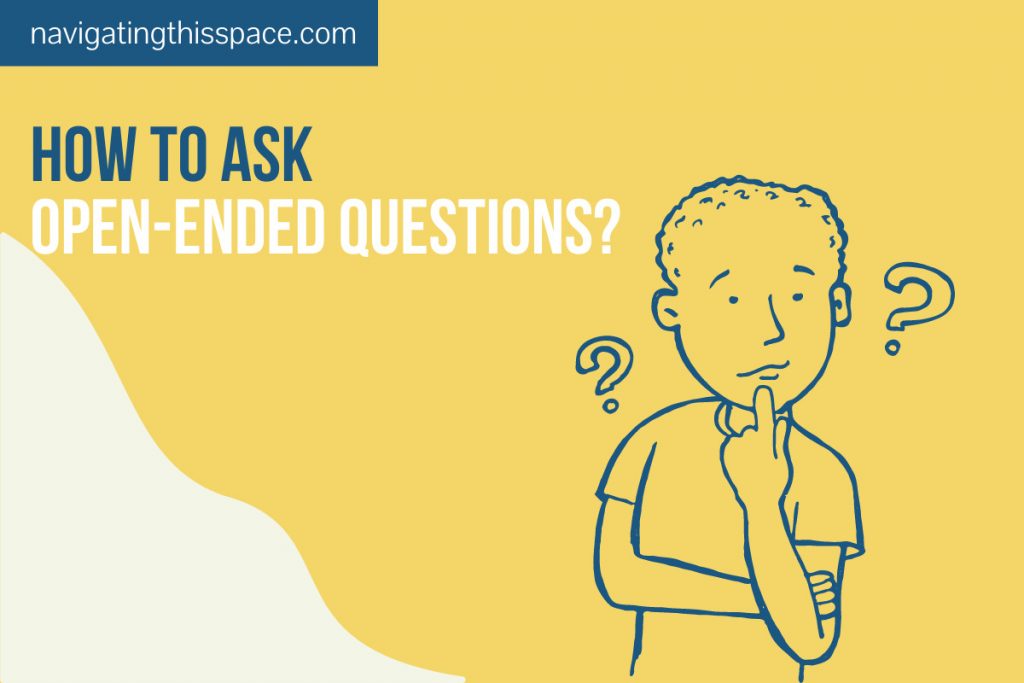
Questions that start with who, what, when, and how require a more detailed answer than a simple yes or no.
That’s what makes a question open. The responder doesn’t feel like they’re being attacked. Instead, they feel as if you’re asking for their opinion.
Think about it. There’s no serious way to answer a “what” question with a yes or a no answer.
Give people the freedom to answer how they want instead of a static yes or no answer that ends the conversation in its tracks.
You may have noticed that I omitted questions that start with “why,” and according to Chris Voss, a former international hostage negotiator for the FBI, questions that start with “why” normally puts people in a defensive mode.
In his book Never Split the Difference: Negotiating As If Your Life Depended On It, he explains that even though a question that starts with “why” is open-ended, it’s also a guaranteed way to trigger the responder’s defensive mechanism.
People do not like to feel attacked, and when they sense it, they’ll focus on guarding their emotions instead of answering the question.
For example:
A “why” question: “Why did you stay out so late last night?”
Turned into a “what” question: “What were your reasons for staying out so late?”
They’re relatively the same questions asked differently.
Don’t forget about the tone in your voice. The tone of your voice can make or break a conversation.
No matter how you ask a question, if your tone has underlying aggression to it, the person you’re talking to will feel like they’re under attack.
Don’t corner people with close-ended questions and then wonder why they aren’t opening up to you. If your question can be answered with a yes or a no response, rephrase it to a question that starts with “what.”
Rephrasing your questions will take practice, so be gentle with yourself when you do mess up.
4. Do Not Make Assumptions
The number one thing, in my opinion, that ruins a relationship, causes mental health problems and destroys quality time is making assumptions.
It’s normal to think ahead and plan different strategies in case something happens but if your goal is to improve your relationship with your co-workers, your partner, or your family, you cannot make assumptions or expect them to behave a certain way.
We tend to project our actions, beliefs, and values onto others without considering their own set of beliefs.
You might have judged your co-worker for not completing an assignment the way you would, or you might have judged your partner for not folding the clothes the way you would. However, if your goal is to improve your relationship with them, then judging or projecting will not help.
Even though it’s normal and everyone does it, doing this too often will reduce trust and make people feel like they can’t be themselves around you.
Everyone has their own way of doing things and people are habitual beings, so trying to make them change will only backfire on you.
To avoid unnecessary stress and create a positive argument-free environment, don’t make assumptions about anything because people may surprise you.
How To Not Make Assumptions In 3 Steps
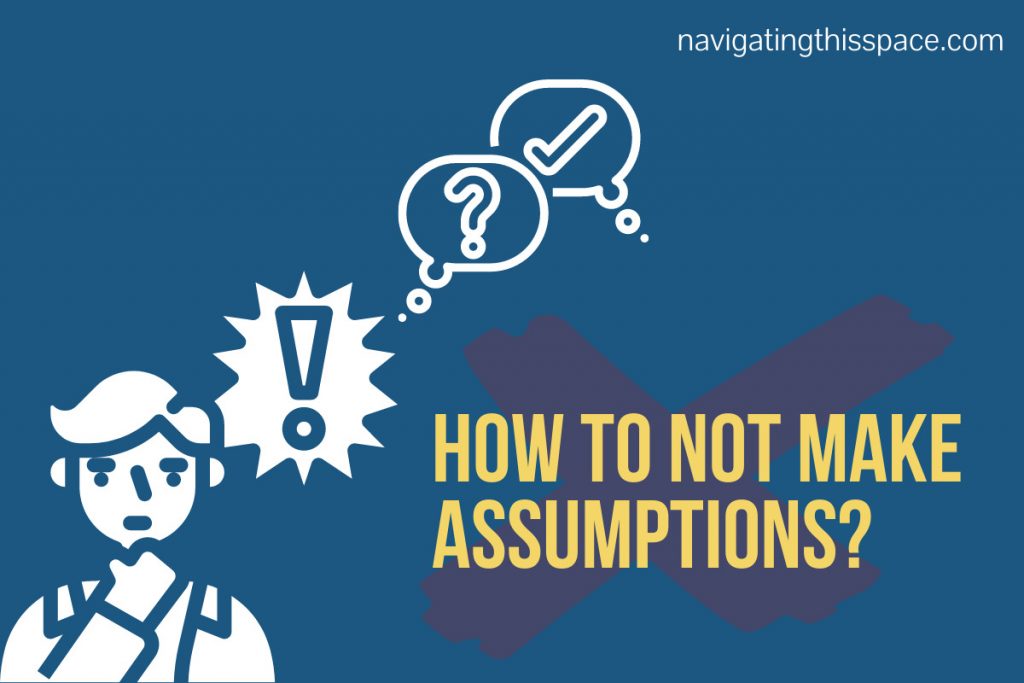

1) Practice active listening.
2) Ask open-ended questions to clarify any confusion.
3) Repeat in your own words what the other person told you, so they know you understand what they said.
The key here is the third step, try not to repeat their words verbatim. Instead, paraphrase their words, so they know you understood all the nuances of what they meant.
When you make someone feel like they’ve been heard, you’ll gain their trust and earn a chance to understand where they’re coming from, which improves your relationship.
Communication is key, and communication doesn’t mean constantly speaking. It means listening and understanding.
It’s the little things that matter when building a meaningful relationship, both professional and personal.
5. Make People Feel Valued
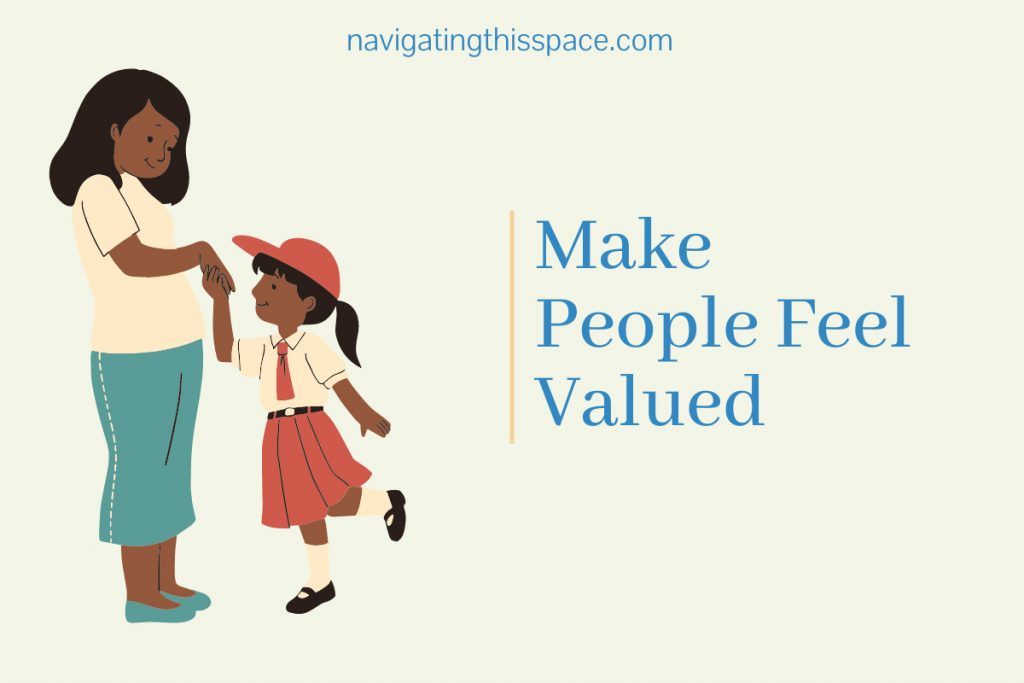
One of the most important things you can do when trying to improve your relationships is to make people feel valued.
You don’t have to go out of your way to be nice or buy expensive gifts, simply being mindful of other people’s feelings will suffice.
From experience, most people hardly feel like they are valued in their professional and personal lives.
However, showing people that you care about their feelings makes them feel like they’re worth something.
When people feel valued as individuals, they’ll become less defensive and more open to any type of conversation.
Nowadays, everyone is busy with work, family obligations, endless bills, and other personal problems, so it’s easy to forget that people crave acknowledgment and attention.
Social media temporarily fills this need with an adequate amount of dopamine, but that feeling is soon replaced with the need to post again to re-up on that dopamine hit.
If the only time you remember that someone’s feelings matter is when they’re upset, then you need to focus on improving yourself first before trying to improve any relationship.
No one will be happy if they feel like they’re not being heard, not even you. Your problems don’t matter more than anyone else’s problems.
Your friends, family, partner, and co-workers are all battling different struggles. The only way to form a meaningful bond is by simply acknowledging their feelings, giving your undivided attention to what they say without judgment, or projecting your beliefs onto them.
When you take the time to acknowledge others’ feelings, no matter how small or insignificant they may seem to you, you’re showing that person that you care about their well-being.
Actions speak louder than words, but your words can become daggers to a person’s self-esteem, so be careful what you say and how you say it.
Showing someone that you value their time, opinions, beliefs, and feelings is the best way to improve your relationship, which ultimately improves your life.
Improving Relationships Takes Time
Developing and maintaining healthy relationships is a lifelong process that requires you to be mindful of other people’s feelings, pay attention to what they say without judgment or projecting your beliefs onto them.
It also means giving someone the time and space for their needs to be met, which could be anything from providing emotional support during tough times to simply making an extra effort to be someone they can depend on.
Although it may seem like a daunting task, developing and maintaining meaningful relationships is worth the time and effort.
Rather than waiting for your life to feel good, start by making the people in your life feel good.
Remember, improvements will not come overnight but rather gradually with sustained effort.
What are some ways you’ve improved your relationships?
Share them in the comments below!
Questions You May Have
What things can improve relationships?
You don’t need years of therapy (and thousands of dollars) just so you can understand how to improve your relationship. Effective communication, being realistic, patience, selflessness, being understanding, and being respectful are a few things to consider when trying to improve relationships.
Do assumptions affect relationships?
Yes. Assumptions are dangerous because they can cause people to make incorrect judgments about the actions of others that may damage the relationship. By not assuming anything, you open the space for communication and clarity.
How to keep relationships strong?
Being realistic and understanding the limits of any relationship is key. People tend to grow and change over time, so it’s important to be patient and accept these changes. Also, different situations bring out different aspects of people, so it’s important to be selfless and try to understand the situation from their perspective.
What holds relationships together?
Communication is key in any relationship. When people communicate effectively, they are able to understand each other better and resolve conflicts more easily. They also tend to have a stronger bond and deeper trust.
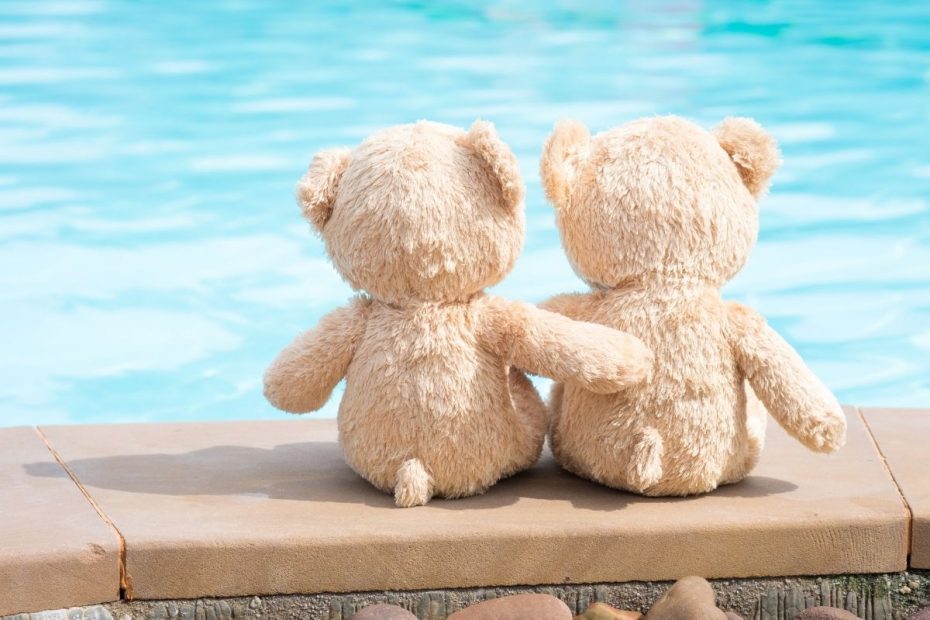

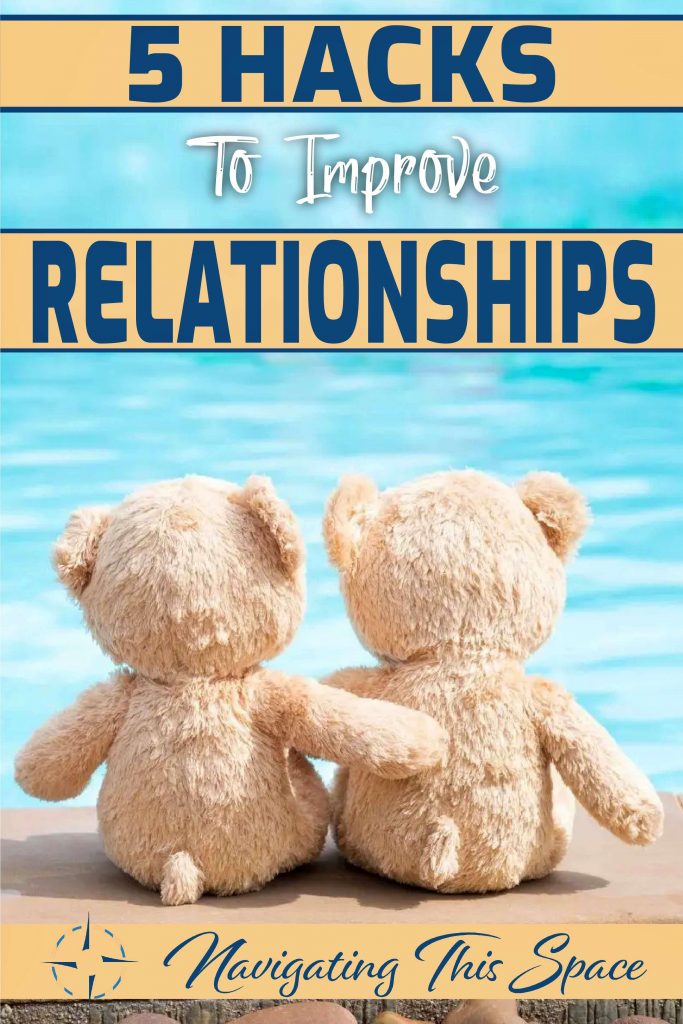
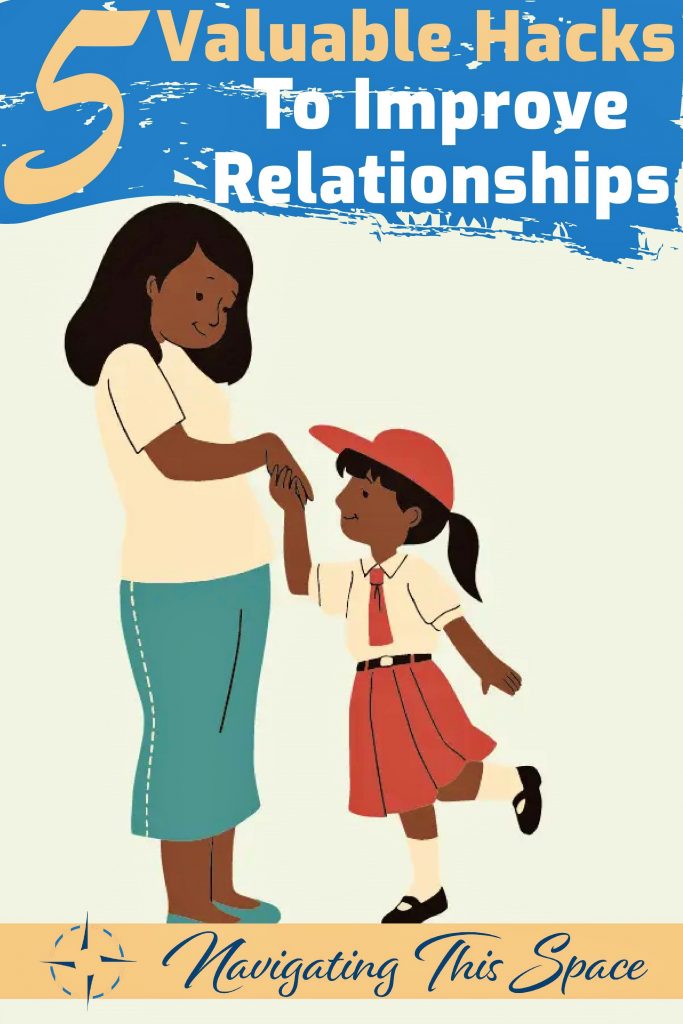
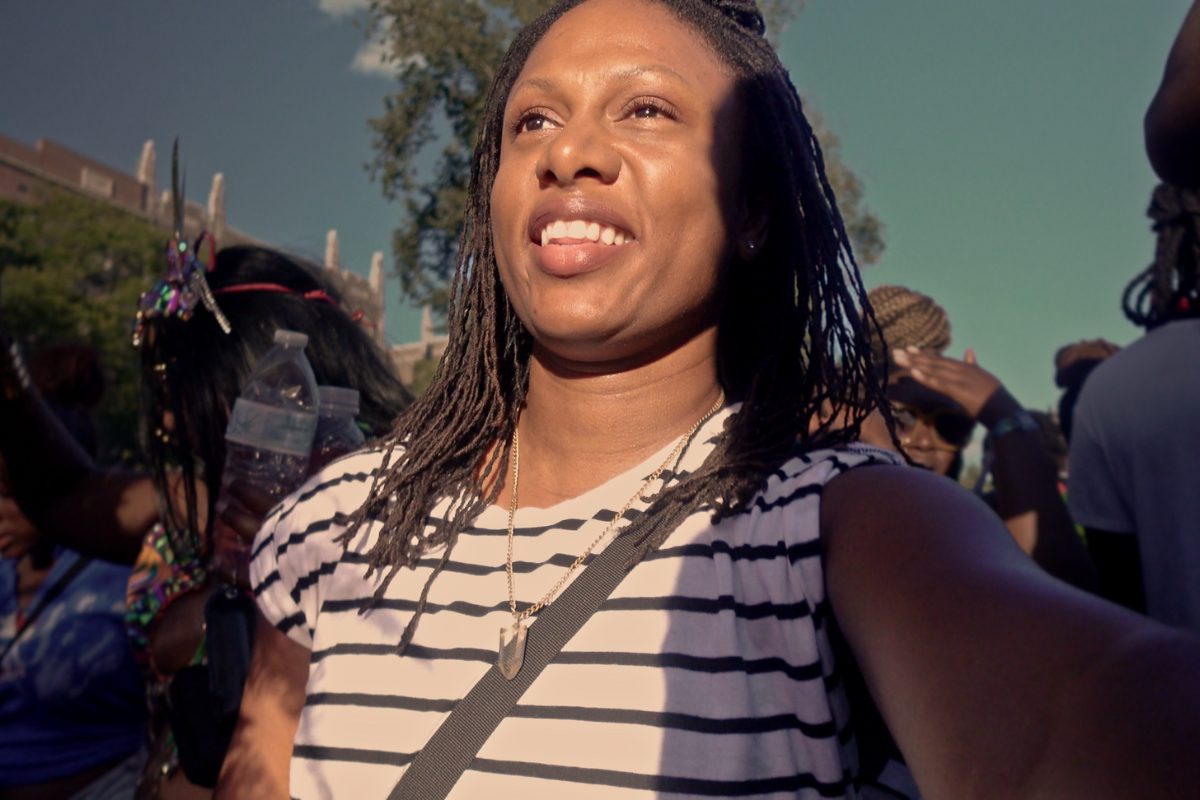
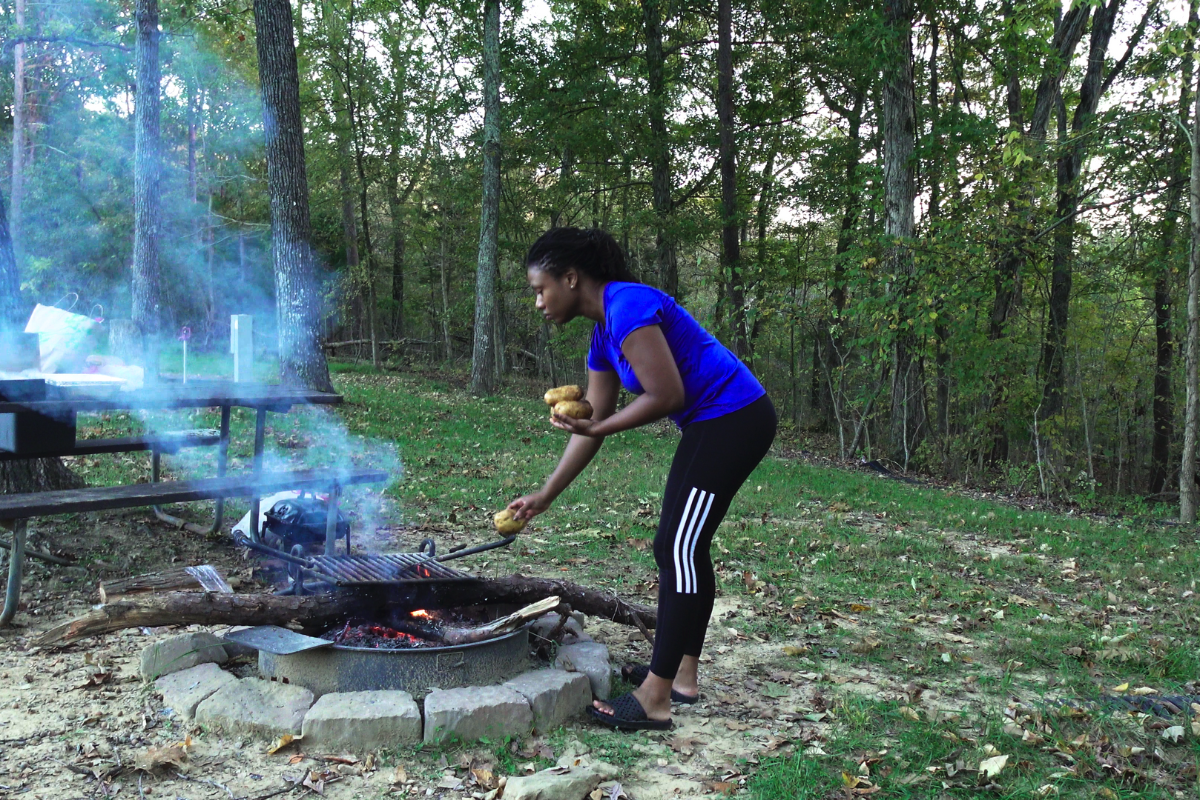

Great tips! Especially love the “don’t make assumptions” advice – it’s so easy to think we know what’s going through our partners head!
Thanks for reading James, I’m happy you enjoyed the tips!